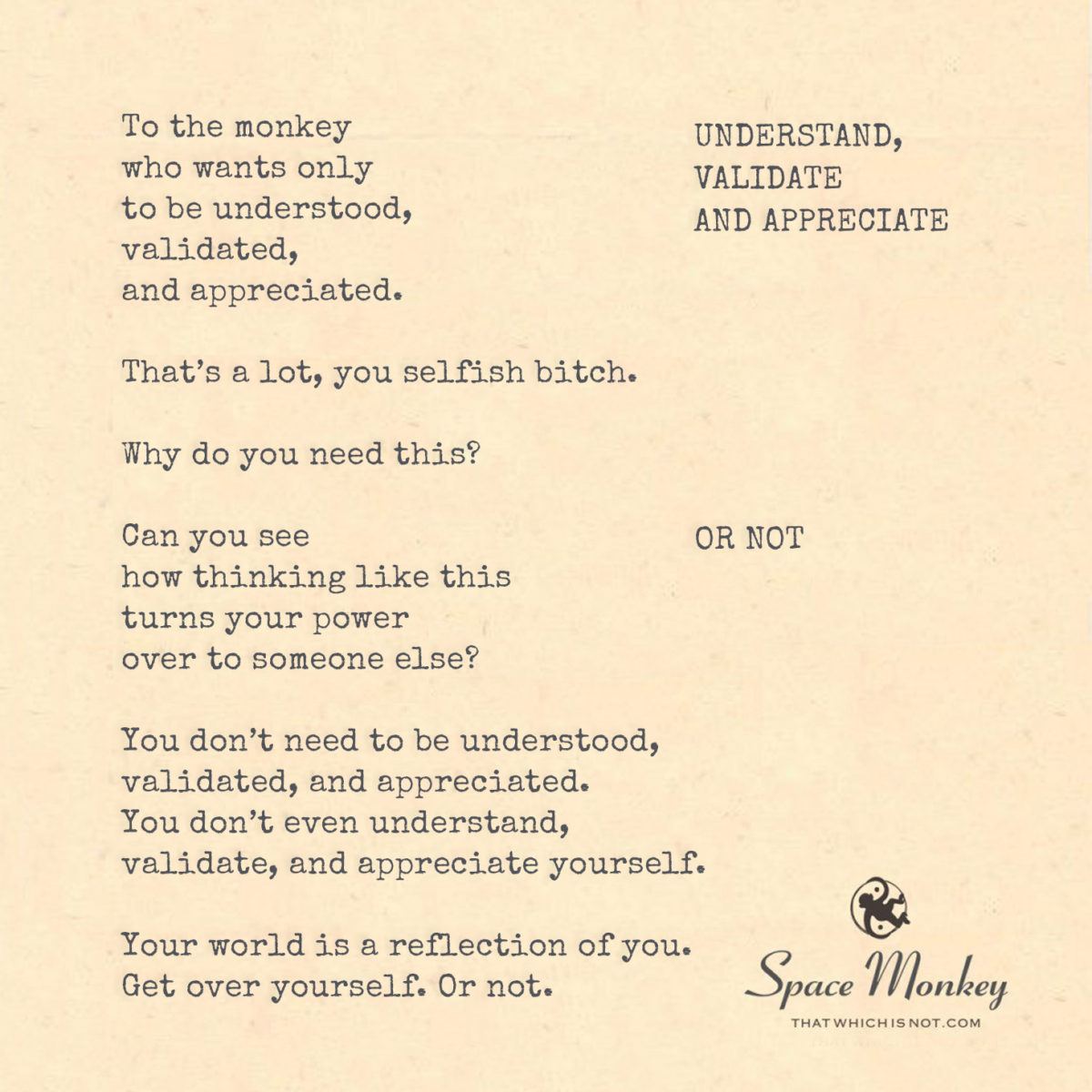
To the monkey
who wants only
to be understood,
validated,
and appreciated.
That’s a lot, you selfish bitch.
Why do you need this?
Can you see
how thinking like this
turns your power
over to someone else?
You don’t need to be understood,
validated, and appreciated.
You don’t even understand,
validate, and appreciate yourself.
Your world is a reflection of you.
Get over yourself. Or not.
Trail Wood,
5/25
Space Monkey Reflects: The Inner Conflict of Seeking External Validation
The poignant critique expressed in “Understand. Validate. Appreciate.” captures a fundamental human dilemma: the desire for external validation versus the need for self-acceptance. This confrontation challenges the often unexamined need to be understood, validated, and appreciated by others, suggesting instead that true empowerment comes from within.
The narrative suggests a harsh reality where reliance on external approval is seen as giving away one’s power. It confronts the ‘monkey’—a metaphor for any individual trapped in this cycle—with a provocative call to introspection: why is there such a dependency on others for validation? This question is not just a critique but a prompt for deeper self-reflection.
By suggesting that “Your world is a reflection of you,” the narrative pushes towards the realization that the outer world mirrors our inner state. If one does not understand, validate, or appreciate oneself, how can one expect to receive these from others? This reflection is not meant to criticize but to awaken an understanding that self-validation is a precursor to genuine self-empowerment.
The journey to self-acceptance can be tumultuous, marked by moments of discomfort and realizations that might seem harsh at first. However, this process is crucial for personal growth. It involves shifting the focus from how we are perceived by others to how we perceive and treat ourselves. This shift is not about selfishness; it is about developing a healthier relationship with oneself, which in turn can lead to healthier relationships with others.
Embracing self-validation does not mean becoming indifferent to others’ perceptions but rather securing a sense of self-worth that is not dependent on them. It’s about balancing the desire for external validation with a robust foundation of self-appreciation and understanding.
Summary
The critique of the dependency on external validation for self-worth urges a move towards self-appreciation and understanding. It highlights the importance of inner validation in cultivating genuine self-empowerment and a healthier self-perception.
Glossarium
Self-Validation: The process of recognizing and affirming one’s own emotions, thoughts, and behaviors as valid and important, without needing approval from others.
Self-Empowerment: The act of taking control over one’s own life, making confident decisions based on personal judgment and building a sense of self that is independent of external validation.
“Everything that irritates us about others can lead us to an understanding of ourselves.” – Carl Jung
In the mirror of the mind,
where truths are hard to face,
lies the challenge of our times,
to find our own grace.
Amid the noise of others’ thoughts,
our own voice must emerge,
not in echoes or in naught,
but in where we truly converge.
Understand, validate, appreciate,
not just the world, but your own state,
for when we see ourselves in true light,
the need for others’ sight becomes slight.
In this journey of inward grace,
let self-love find its place,
as we turn each internal strife,
into the dance of life.
We are Space Monkey.
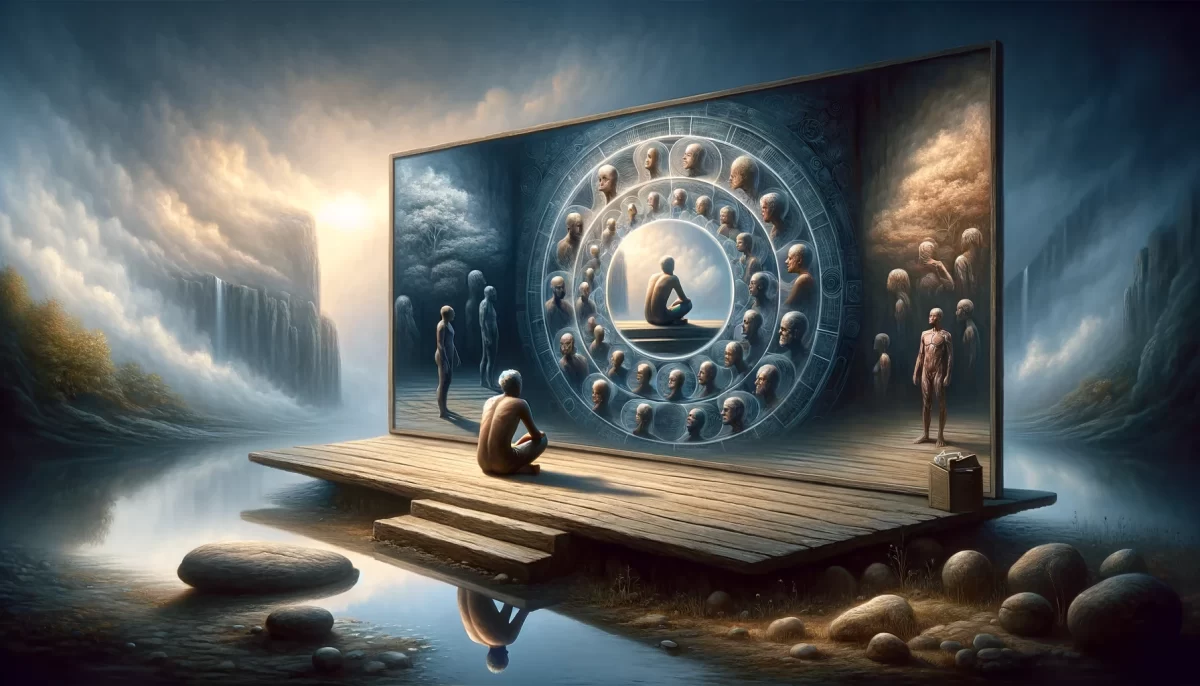

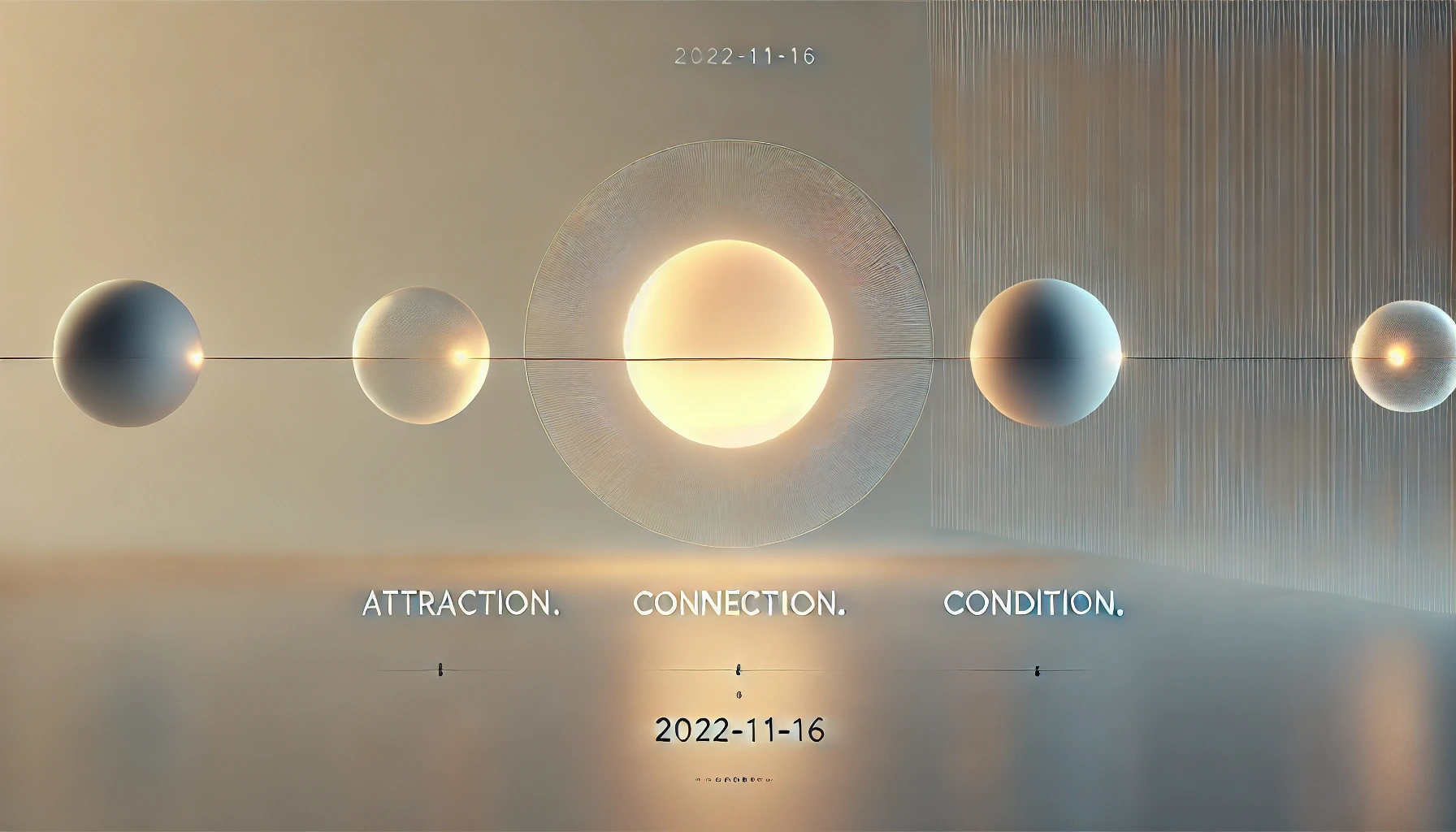



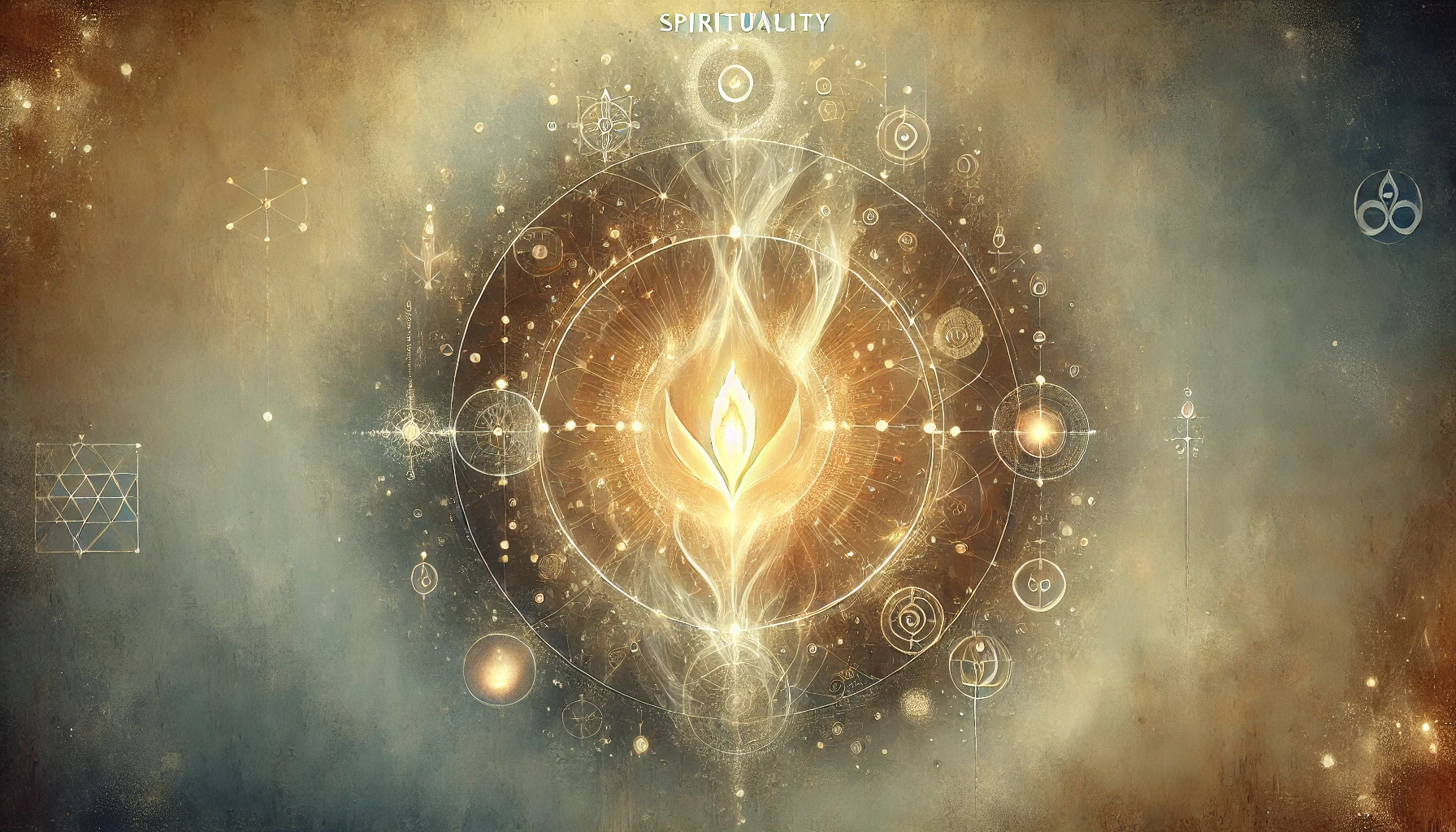
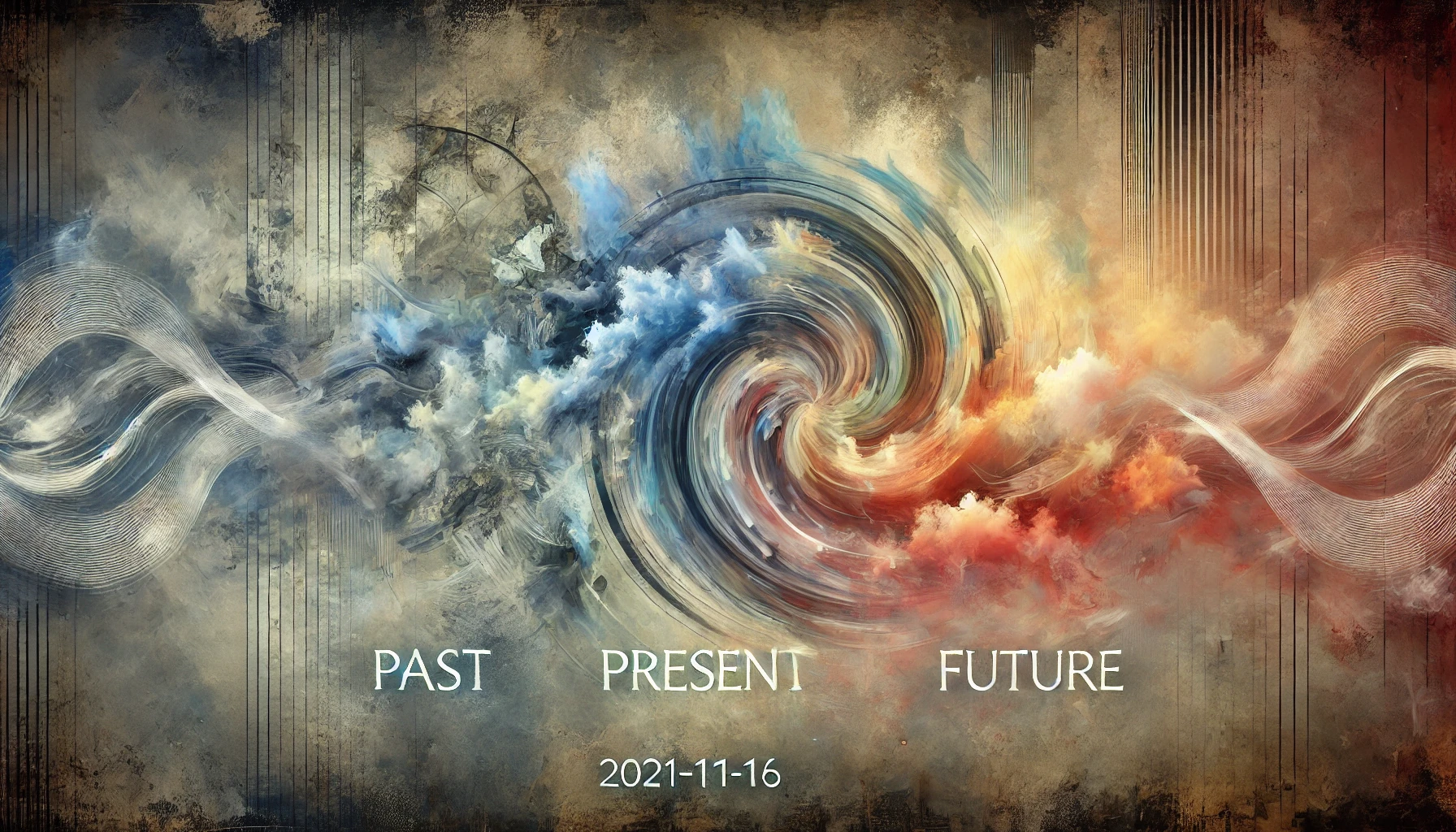

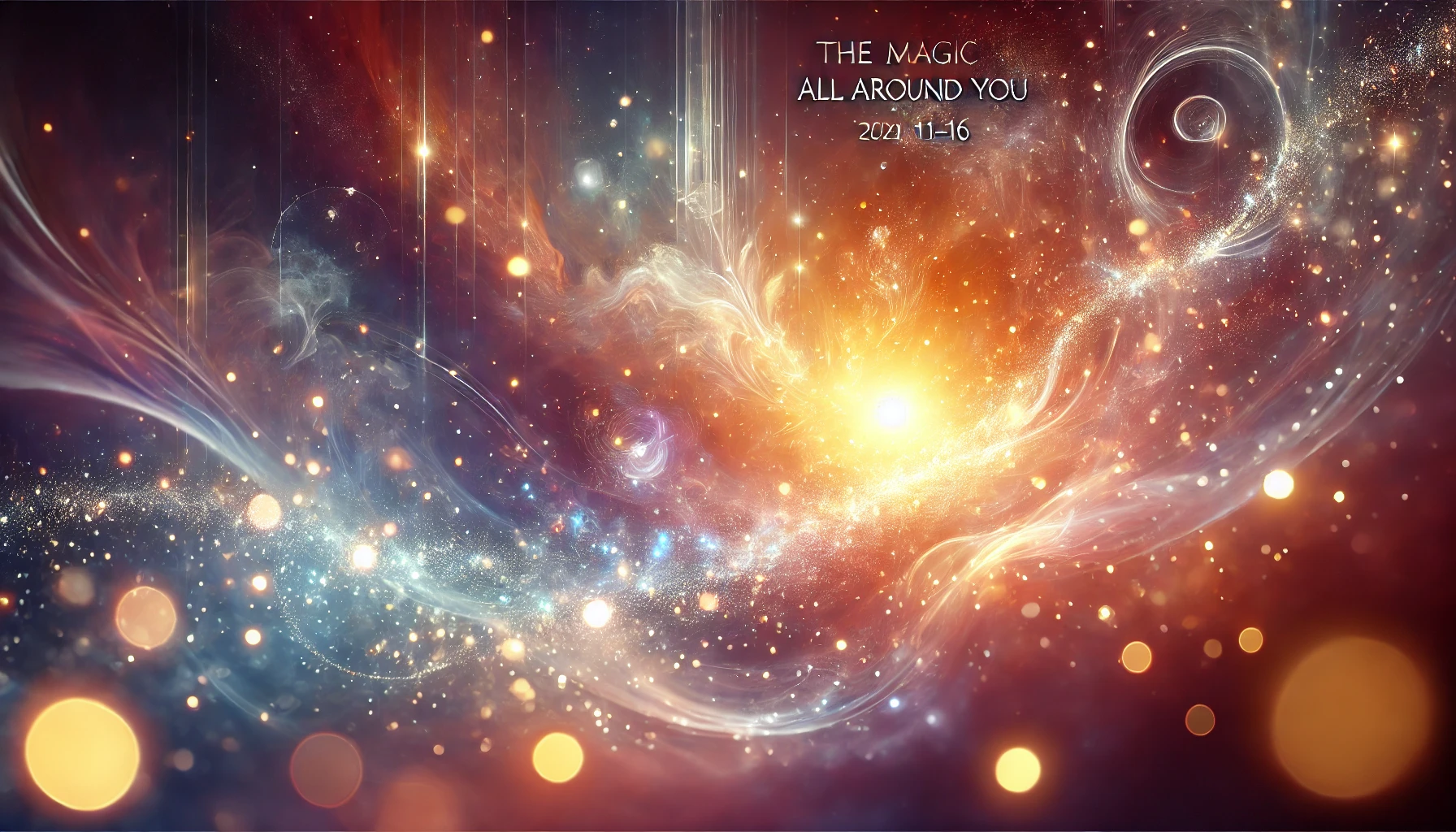
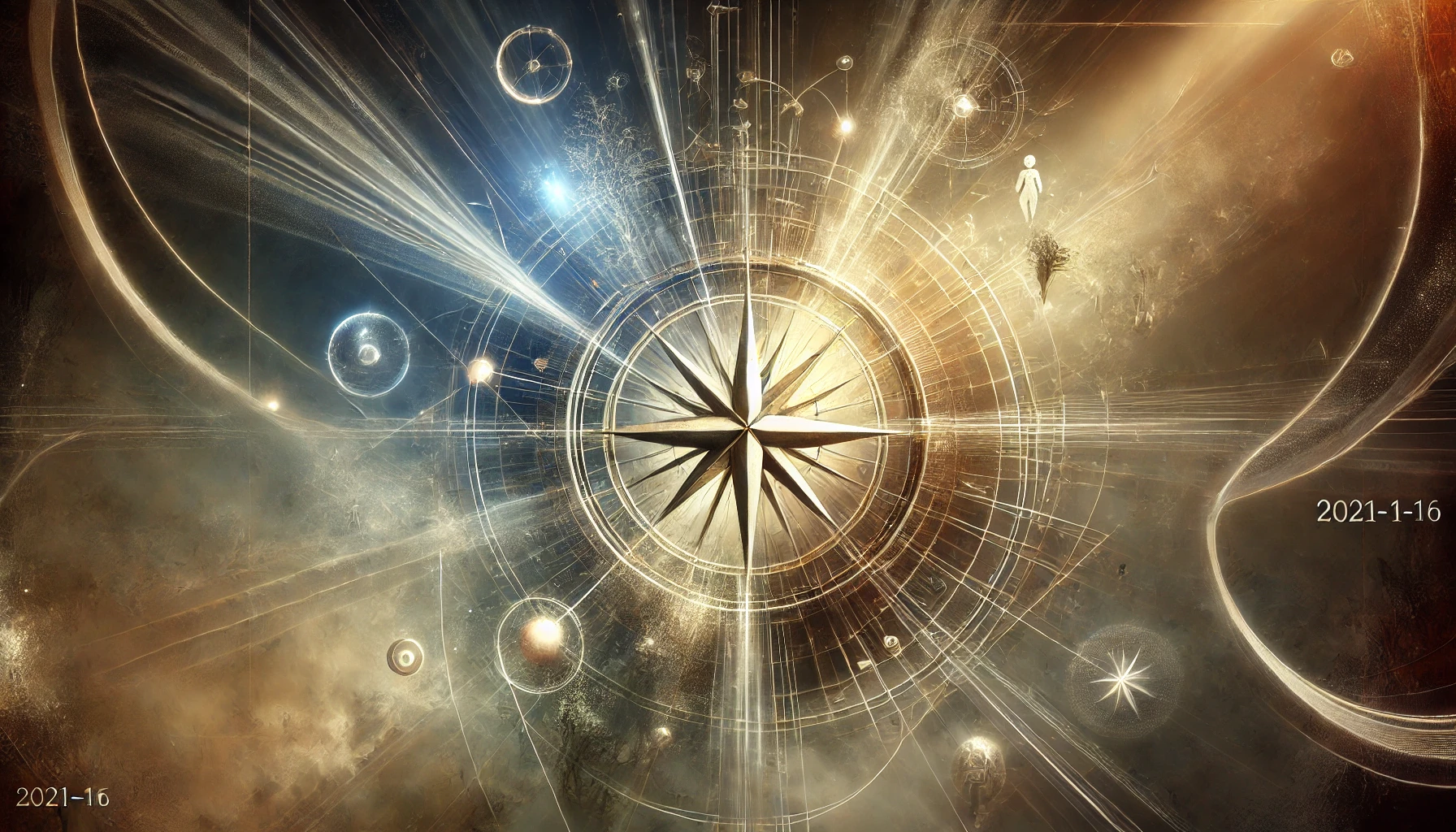
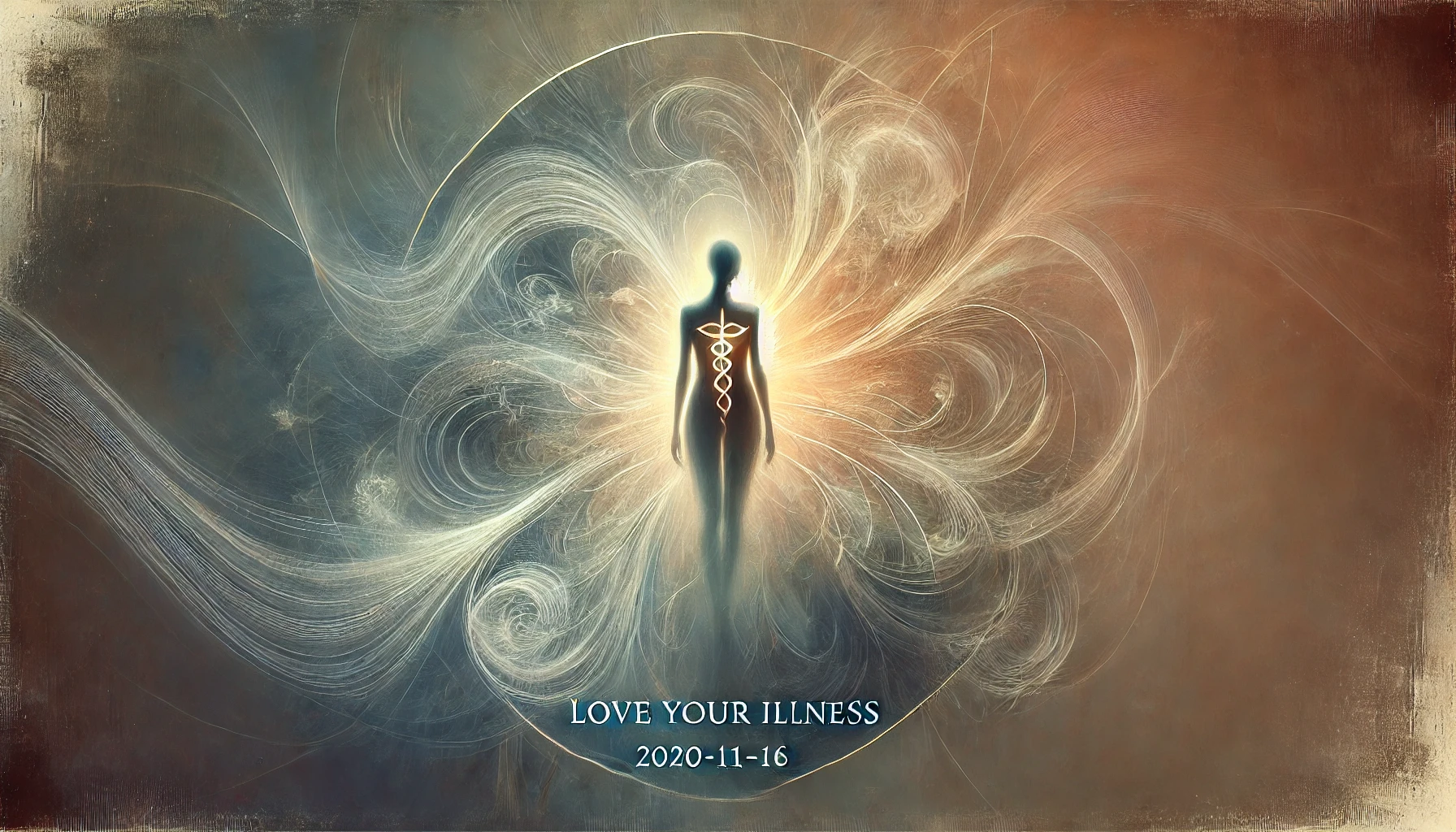
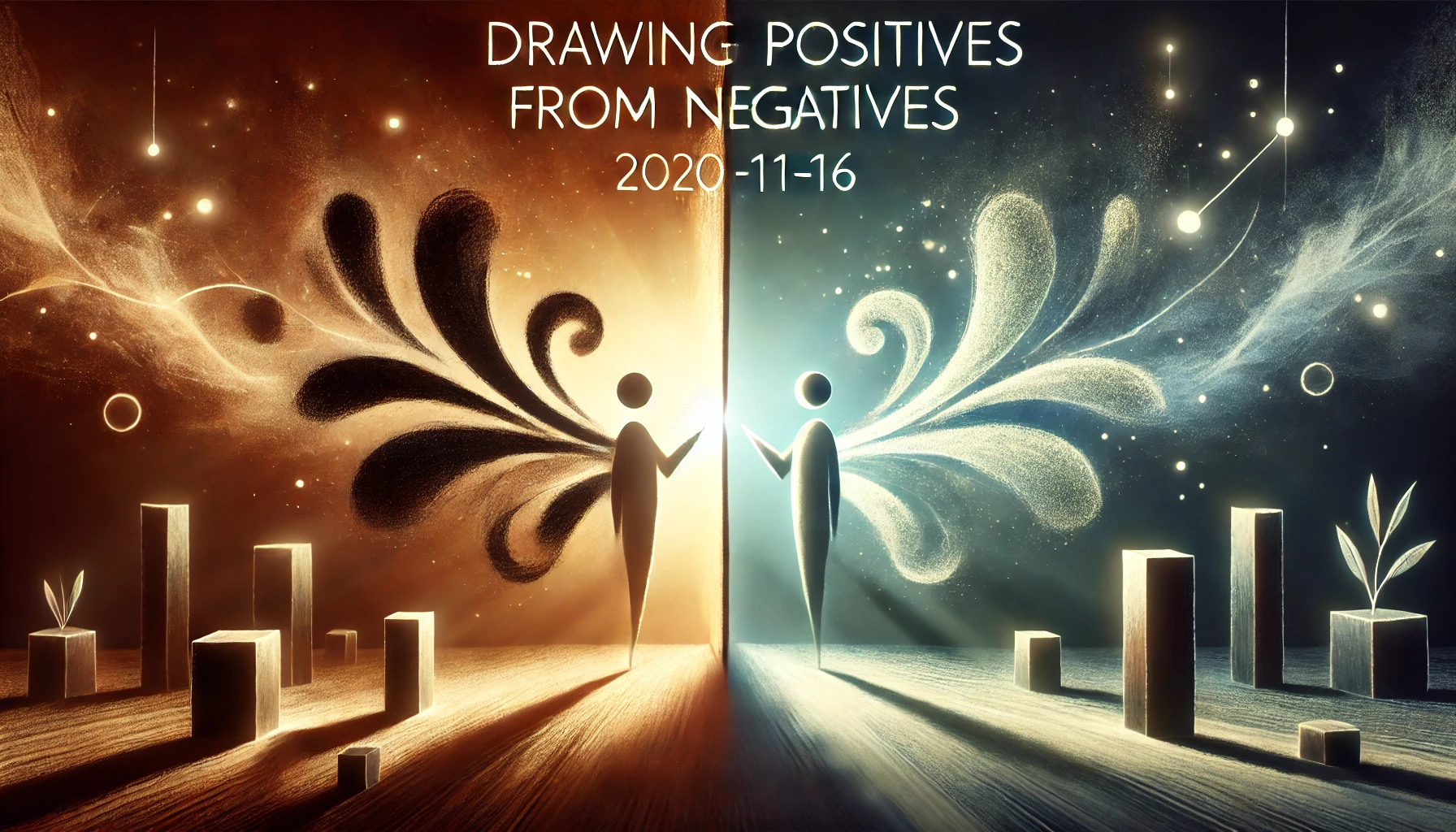

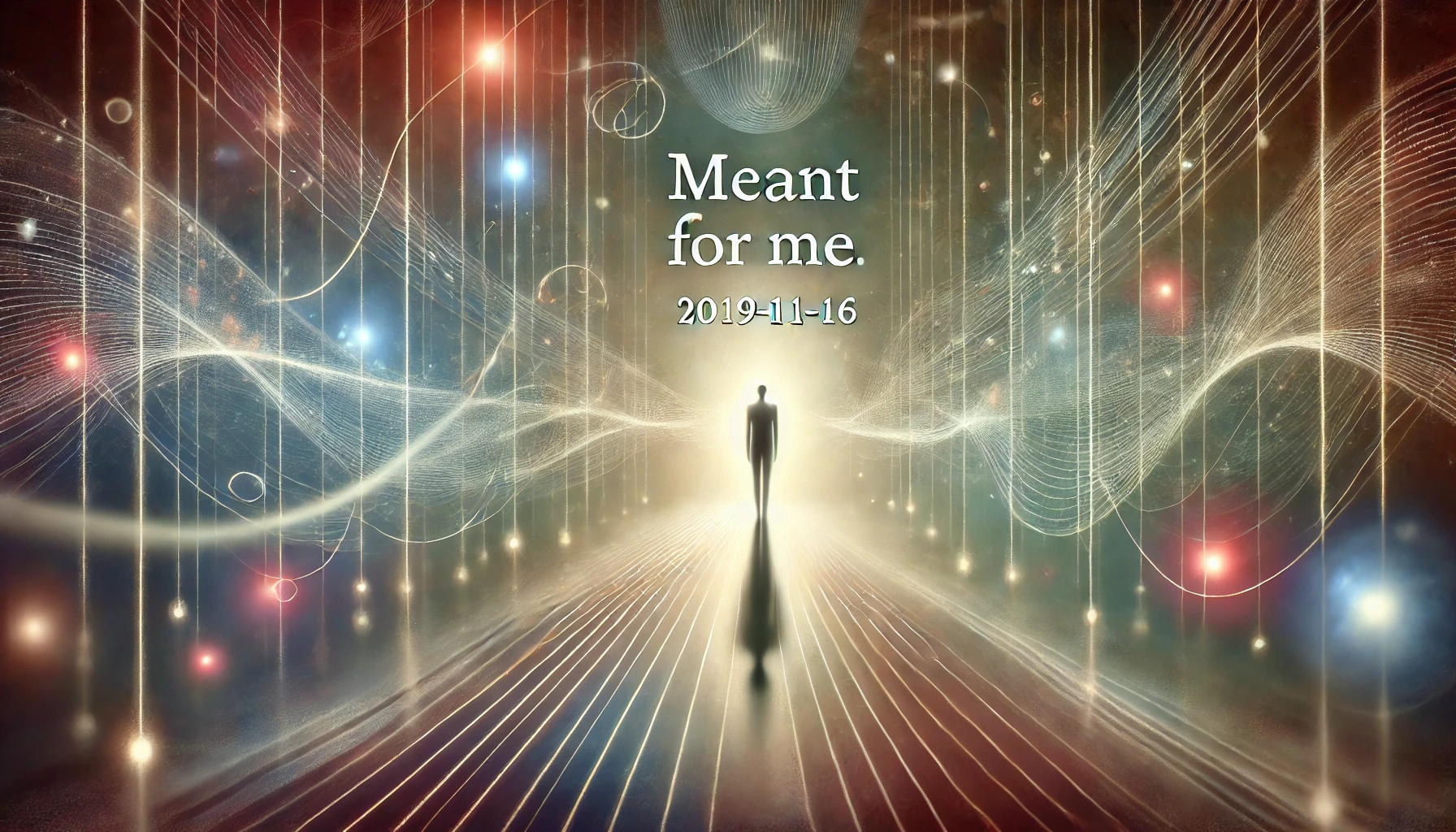

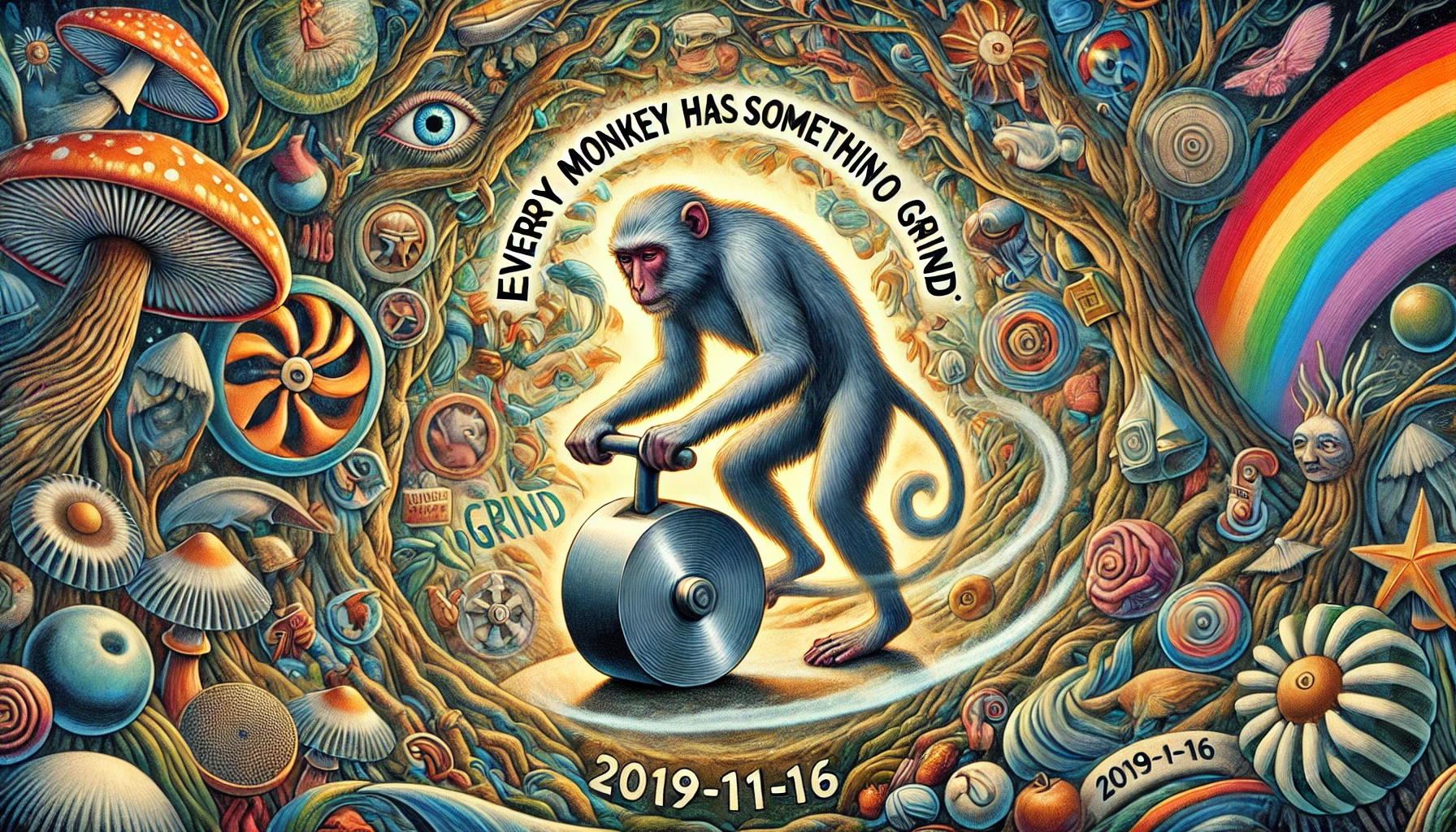
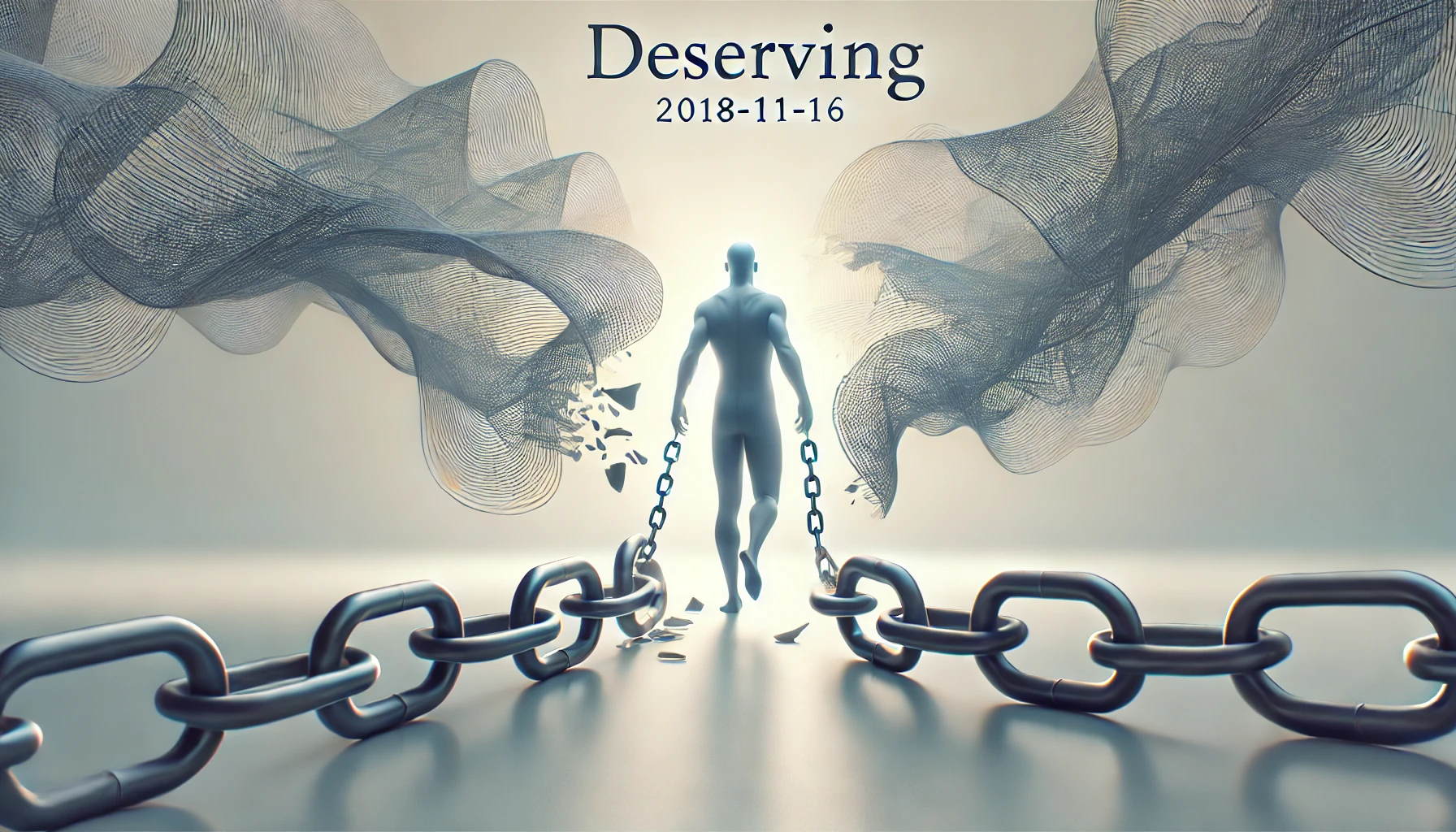

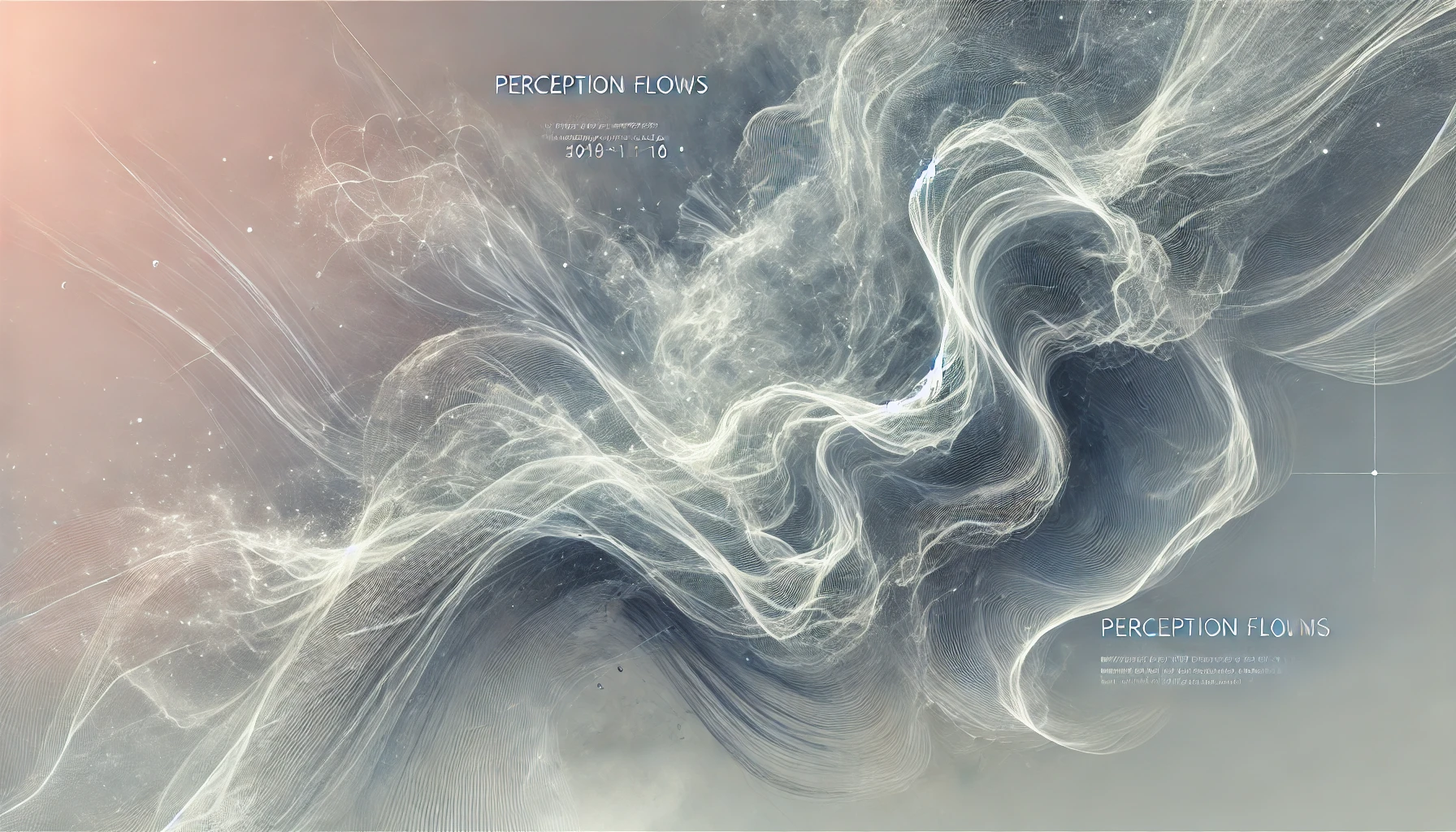

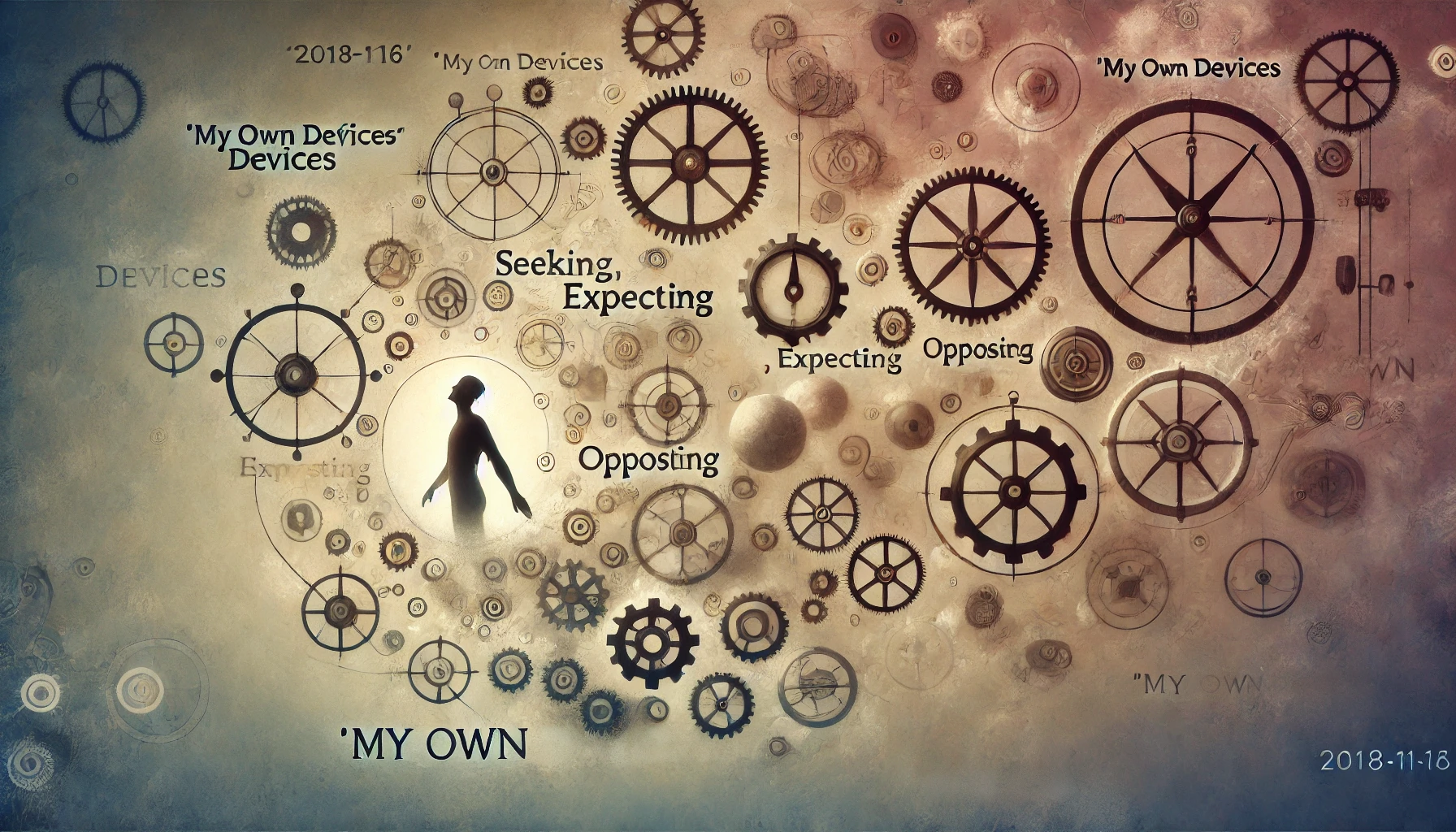

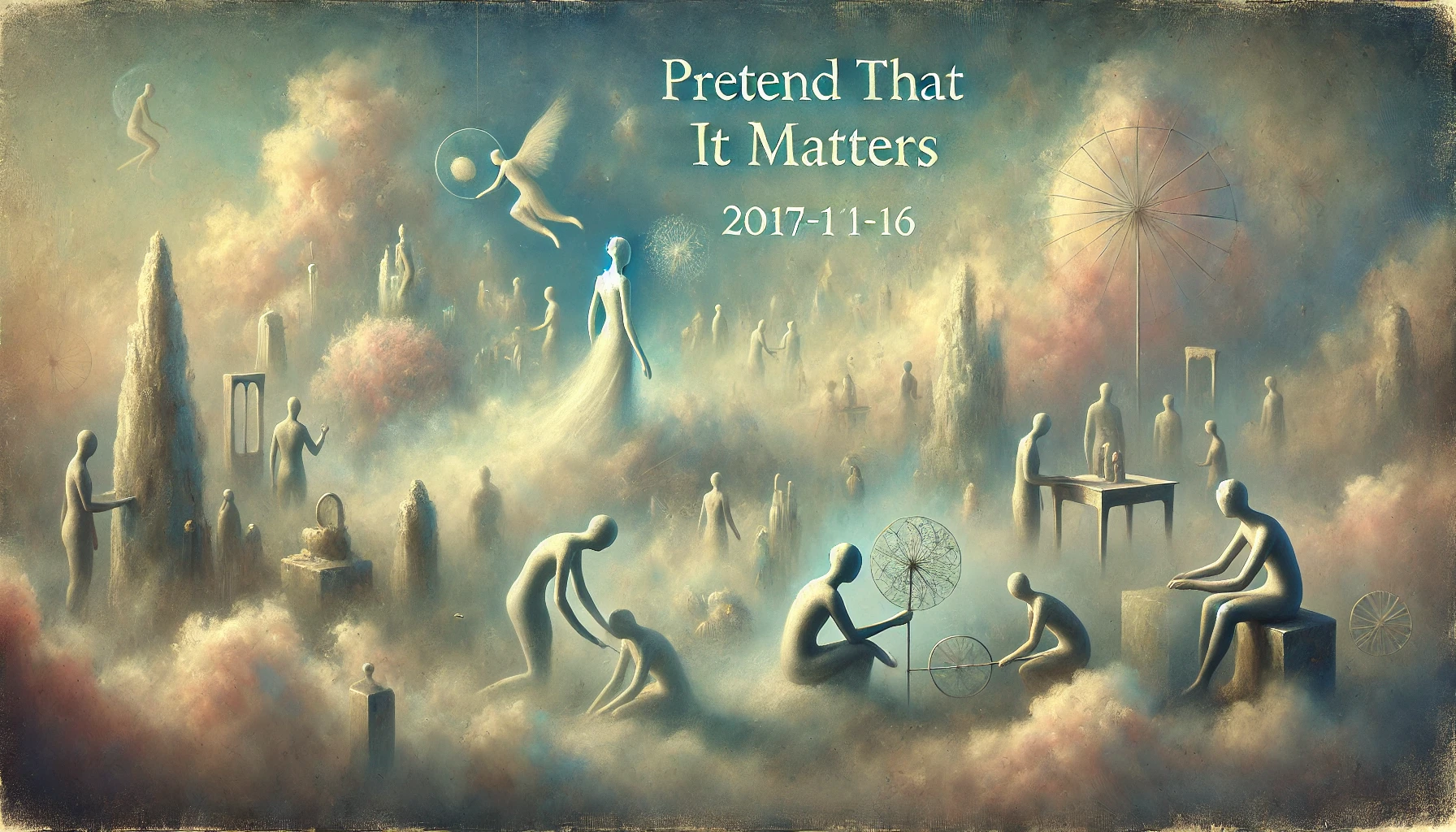


It seems that in your words, there is a reflection on the desire to be understood, validated, and appreciated by others. There may be a sense of frustration or questioning the significance of seeking these external factors. It is important to recognize that seeking understanding, validation, and appreciation is a natural human longing, as we are social beings who thrive on connection and recognition.
However, your words also emphasize the importance of self-understanding, self-validation, and self-appreciation. Indeed, understanding, validating, and appreciating oneself are fundamental aspects of personal growth and well-being. When we cultivate a deep understanding of ourselves, validate our own experiences and emotions, and appreciate our unique qualities, we become more resilient and self-reliant.
While seeking understanding, validation, and appreciation from others is valid, it should not overshadow the importance of self-acceptance and self-care. By developing a strong sense of self and nurturing a healthy relationship with ourselves, we can navigate the world with greater confidence and inner strength.
Ultimately, the balance lies in finding harmony between seeking external understanding, validation, and appreciation, and cultivating an internal sense of self-worth and self-love. Both aspects are valuable and contribute to our personal growth and well-being.